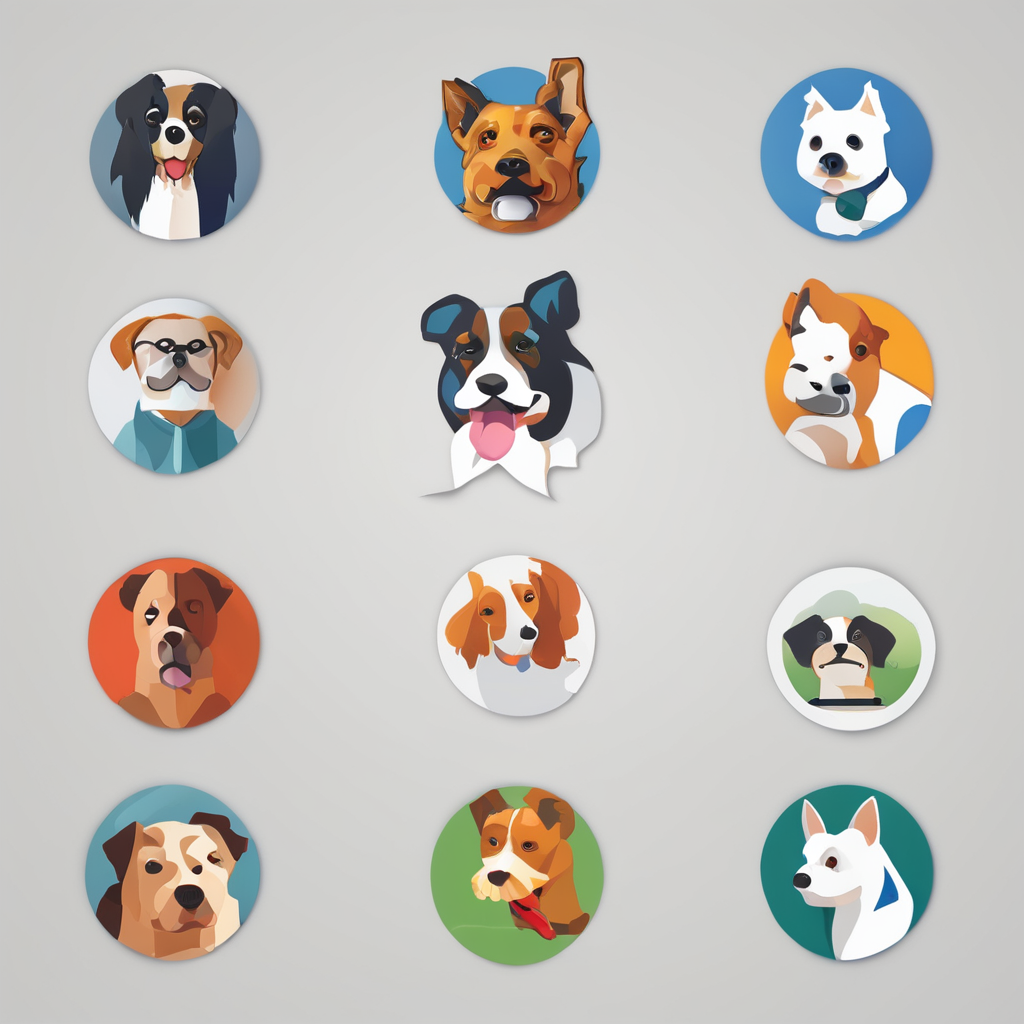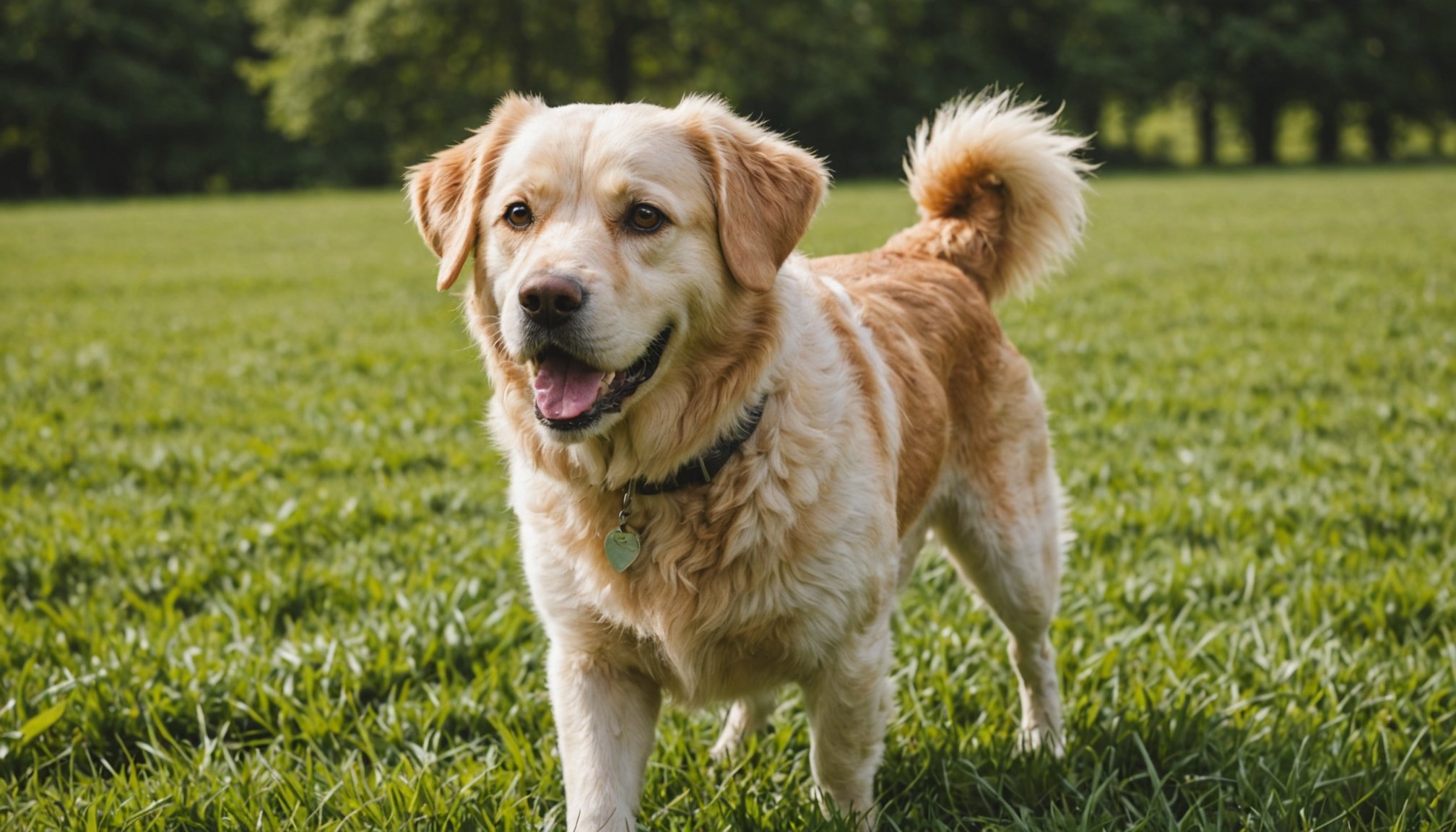As our beloved pets age, their dietary needs change significantly. Senior dogs often require a tailored diet to support their diminishing health and vitality. Just like humans, older dogs can experience various health issues that might affect their weight, joint mobility, and overall quality of life. Many dog owners may wonder what specific foods can help their aging companions thrive. Providing proper nutrition can help maintain their health, enhance their energy, and prolong their lives. This article will explore the unique dietary needs of senior dogs, focusing on essential nutrients, suitable food types, and practical tips to ensure they stay healthy and active in their golden years.
Nutritional Requirements for Aging Dogs
The nutritional needs of dogs evolve as they transition into their senior years. One of the key components to focus on is protein. Older dogs often require a diet that is high in protein to maintain muscle mass, which tends to decline with age. Unlike younger dogs, senior dogs may not be able to utilize nutrients as effectively, making it essential to choose foods rich in high-quality proteins. Look for ingredients like chicken, beef, or fish in their meals.
In addition to protein, the amount of fat in their diet should be carefully monitored. While fats are necessary for energy, they can lead to excessive weight gain if not balanced correctly. Opt for low to moderate fat content in senior dog food to help manage their weight without compromising energy levels.
Another vital component is fiber. Senior dogs often suffer from digestive issues, and a high-fiber diet can help regulate their digestive system and prevent constipation. Fiber-rich foods like pumpkin or beet pulp are great additions to their meals.
Also read : How can I choose the right toys for my dog based on their age, size, and play style?
Lastly, consider the inclusion of joint-supporting nutrients such as glucosamine and chondroitin. These ingredients can help alleviate joint pain and stiffness, which are common in aging dogs. Overall, a well-rounded diet that encompasses the right balance of protein, fats, fiber, and joint-supporting ingredients can significantly enhance the quality of life for senior dogs.
Choosing the Right Food for Senior Dogs
Selecting the appropriate food for your senior dog can be overwhelming given the myriad of options available in the market. It’s crucial to look for foods specifically formulated for senior dogs, as these will align more closely with their unique nutritional needs. When evaluating dog food, consider the ingredient list and ensure that it contains high-quality proteins as the primary ingredient.
Evaluate the weight management features of the food. Many senior dog foods are designed to help maintain a healthy weight by controlling calorie intake. This is particularly important because obesity can lead to numerous health complications, including diabetes and joint issues.
Wet food may also be beneficial for senior dogs, especially those with dental problems. The moisture content in wet food can help with hydration and make eating easier for dogs that struggle with dry kibble. Conversely, some dogs may prefer the crunch of dry food, which can help clean their teeth and maintain oral health.
Consulting with your veterinarian is an excellent step when selecting the right food. They can provide personalized recommendations based on your dog’s specific health conditions, weight, and dietary preferences. Additionally, if your dog has any special dietary needs, such as allergies or food intolerances, your veterinarian can guide you toward suitable options.
Finally, it’s advisable to gradually transition your senior dog to their new food over a week or so. This gradual change can help prevent digestive upset and allow your dog to adjust comfortably to the new diet.
Hydration and Its Importance for Senior Dogs
As dogs age, they may become less adept at staying hydrated. Ensuring that your senior dog has constant access to clean, fresh water is paramount for their overall health. Hydration aids in digestion, helps maintain healthy joint function, and supports organ health.
Older dogs may also be at risk of dehydration due to conditions like kidney disease, which is relatively common in aging pets. This makes it all the more critical to monitor their water intake and encourage drinking. Adding wet food to their diet can contribute to their overall fluid intake, helping them stay hydrated. You can also add water or low-sodium broth to dry kibble to make meals more appealing and hydrating.
Additionally, consider the possibility of using pet water fountains. Many dogs are attracted to flowing water, and these fountains can encourage them to drink more throughout the day. Monitoring the amount of water your dog consumes daily can help you notice any significant changes in their drinking habits, which may warrant a visit to the veterinarian.
Be aware that certain medications or health conditions may also impact your dog’s hydration needs. Regular veterinary check-ups will help ensure that your senior dog remains hydrated and healthy throughout their aging process.
Monitoring Health and Dietary Adjustments for Senior Dogs
As your dog ages, it’s essential to regularly monitor their health and be ready to adjust their diet as necessary. Aging dogs may experience changes in their metabolism, energy levels, and health conditions, which can all affect their dietary needs. Regular check-ups with your veterinarian are crucial for assessing these changes and making informed dietary decisions.
Keep an eye out for any signs of health issues, such as weight changes, lethargy, or changes in appetite. These could indicate underlying problems that may require dietary adjustments. For instance, if your dog is losing weight, it may need a higher-calorie diet, rich in protein and healthy fats. Conversely, if your dog is gaining unwanted weight, a lower-calorie, high-fiber diet may be more appropriate.
Additionally, senior dogs often suffer from chronic diseases such as arthritis, kidney disease, or diabetes, each requiring tailored dietary considerations. For example, dogs with kidney disease may benefit from a diet lower in protein and phosphorus, while diabetic dogs may require foods high in fiber and low in carbohydrates.
Consider keeping a food journal for your dog. Documenting what they eat and any changes in their behavior, weight, or health can provide valuable insights that you can share with your veterinarian. Together, you can devise a nutrition plan suited to their changing needs.
Lastly, be patient and willing to make gradual changes to your dog’s diet. Transitioning to new foods or adjusting portion sizes takes time, and your dog may need time to adapt to any new dietary regimen.
In conclusion, maintaining the health and well-being of your senior dog requires a focused approach to their diet. By understanding their unique nutritional needs and providing the right balance of protein, fats, and fibers, you can significantly enhance their quality of life. Choosing high-quality, age-appropriate foods, ensuring adequate hydration, and regularly monitoring their health are essential steps in this process.
Remember to consult with your veterinarian to tailor your dog’s nutrition plan to their specific needs and conditions. With your attentive care, you can help your aging pet thrive, ensuring they stay active and healthy well into their golden years. Paying attention to their dietary needs not only supports their physical health but also enriches their overall life experience, allowing for many more happy moments together.










